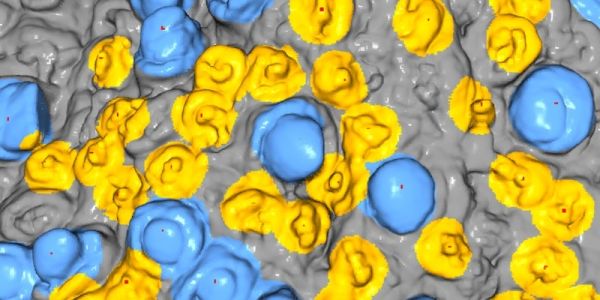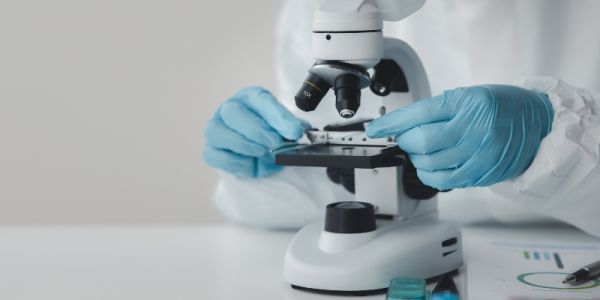
AI study reveals individuality of tongue’s surface
Artificial Intelligence and 3D images have revealed that the surface of the tongue is unique to each of us, a new study suggests.

Artificial Intelligence and 3D images have revealed that the surface of the tongue is unique to each of us, a new study suggests.

Personalised treatment for the most common form of adult leukaemia helps patients survive for longer and stay in remission, a phase III trial has found.

Medical students suffering with mental health difficulties and burnout saw significant improvements after taking part in a bespoke online coaching programme.

Climate change is pushing the world towards a series of “tipping points” which will see rapid and irreversible change across the natural and social worlds, say a group of leading experts.

A psychological effect may be a factor in people experiencing a physical reaction to eating gluten, a protein found in wheat, rye and barley that can cause abdominal discomfort.

Scientists are warning that apparently stable glaciers in the Antarctic can “switch very rapidly” and lose large quantities of ice as a result of warmer seas.

A new accelerator project has been launched to help researchers at the forefront of artificial intelligence discovery turn their work into start-up companies.

Honeybees do not naturally insulate their colonies against the cold, according to new research by the University of Leeds.

A novel aqueous lubricant technology designed to help people who suffer from a dry mouth is upto five times more effective than existing commercially available products, according to laboratory tests.

Pioneering research will for the first time monitor how the creation of England’s biggest new native woodland could help stave off the worst effects of climate change, such as flooding.